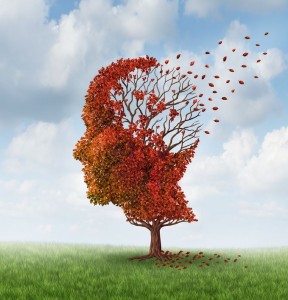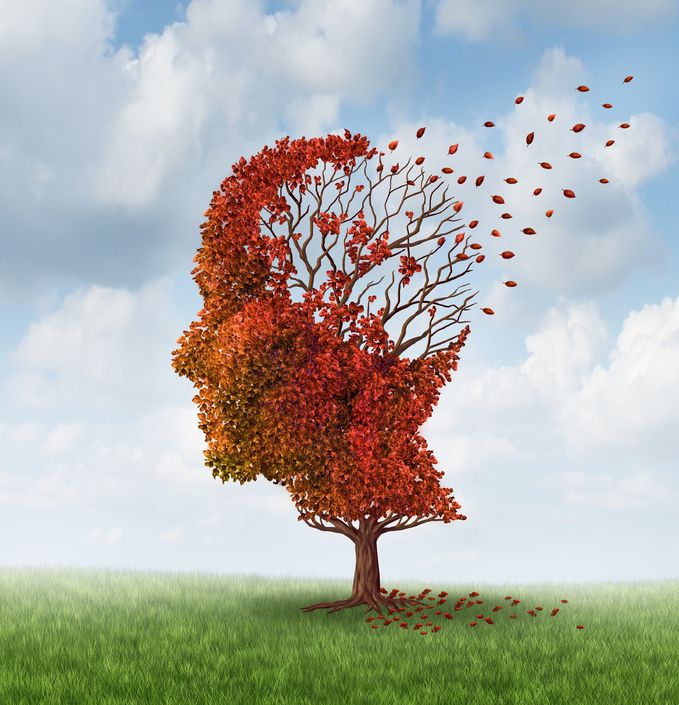According to a new study, chronic sleep disturbances such as insomnia may be linked to an earlier development of dementia and Alzheimer’s disease. The researchers at Temple University conducted the study with the intention of finding out whether sleep disturbances were a risk factor to develop Alzheimer’s, or if the disturbances are manifested by the disease itself.
An Alzheimer’s mouse model that impairs memory and learning at around a year was use to simulate human Alzheimer’s in a human between the age of 50 and 60. Human brain’s with Alzheimer’s display myloid plaques and tau protein tangles as a signature for diagnosis.
The study lasted for eight weeks beginning when the mice were approximately 6 months old or equal to a human adult in their 40s. One group maintained a schedule of 12 hours of light, and 12 hours of darkness, while the second group saw 20 hours of light and only four hours of darkness. This greatly reduced their amount of sleep.
At the end of the eight weeks the mouses’ memory was tested, and the sleep deprived group displayed significant impairment in their working and retention memory process, as well as their learning ability.
Researchers say that their results show that chronic sleep disturbance is an environmental risk factor for Alzheimer’s disease, accelerating the pathological process that contributes to the disease.
A few nights of not sleeping well due to factors such as stress, being sick, or the A/C going out are normal for everyone. However, sleeping poorly for an extended amount of time poses serious health risks, aside from Alzheimer’s which includes heart disease and cancer. Speak with a certified sleep specialist to get back on track with 7-9 hours of sleep a night if you’re noticing disruptions!



No comments yet.